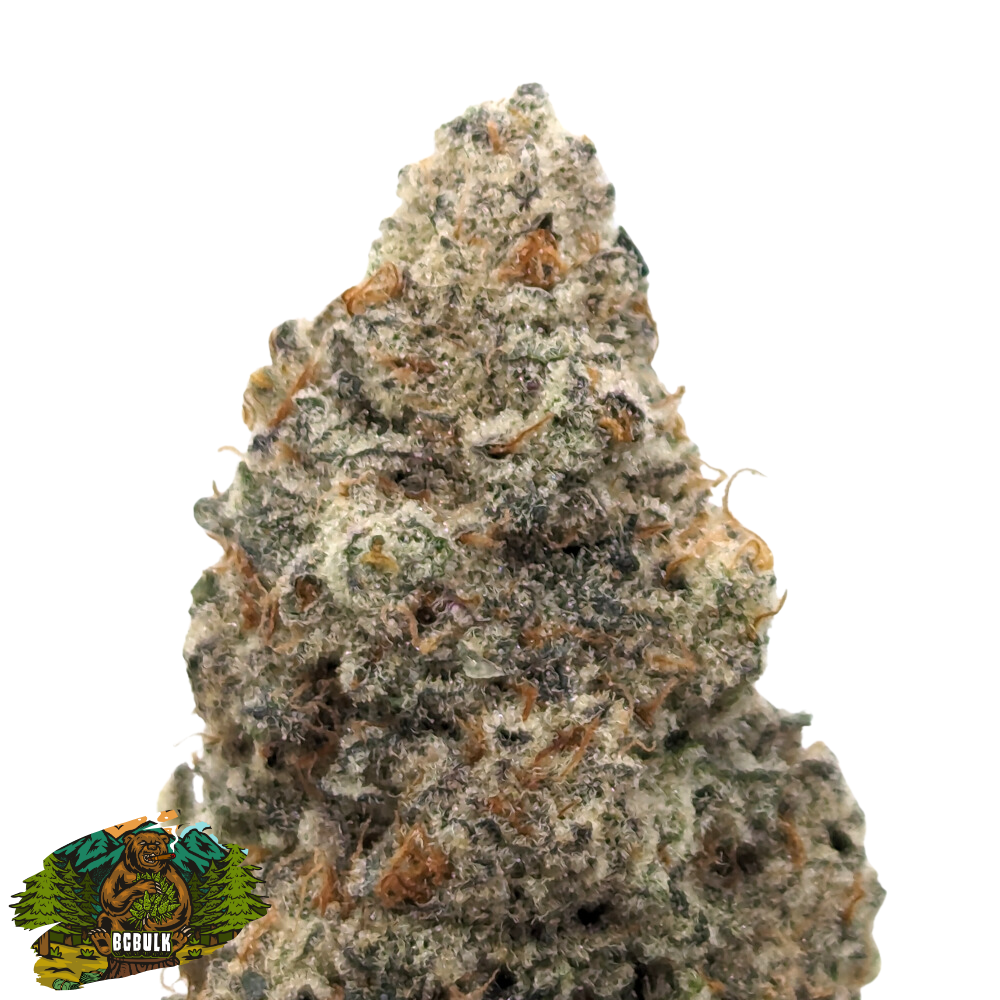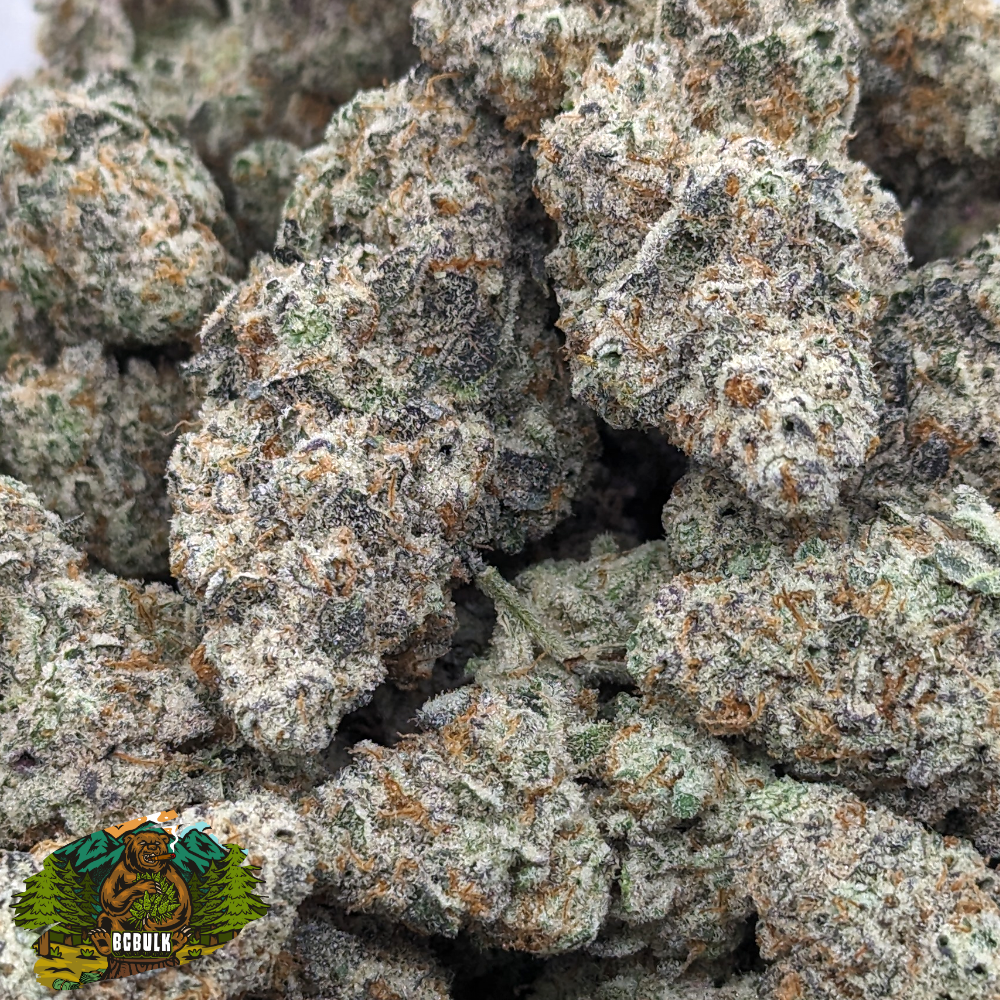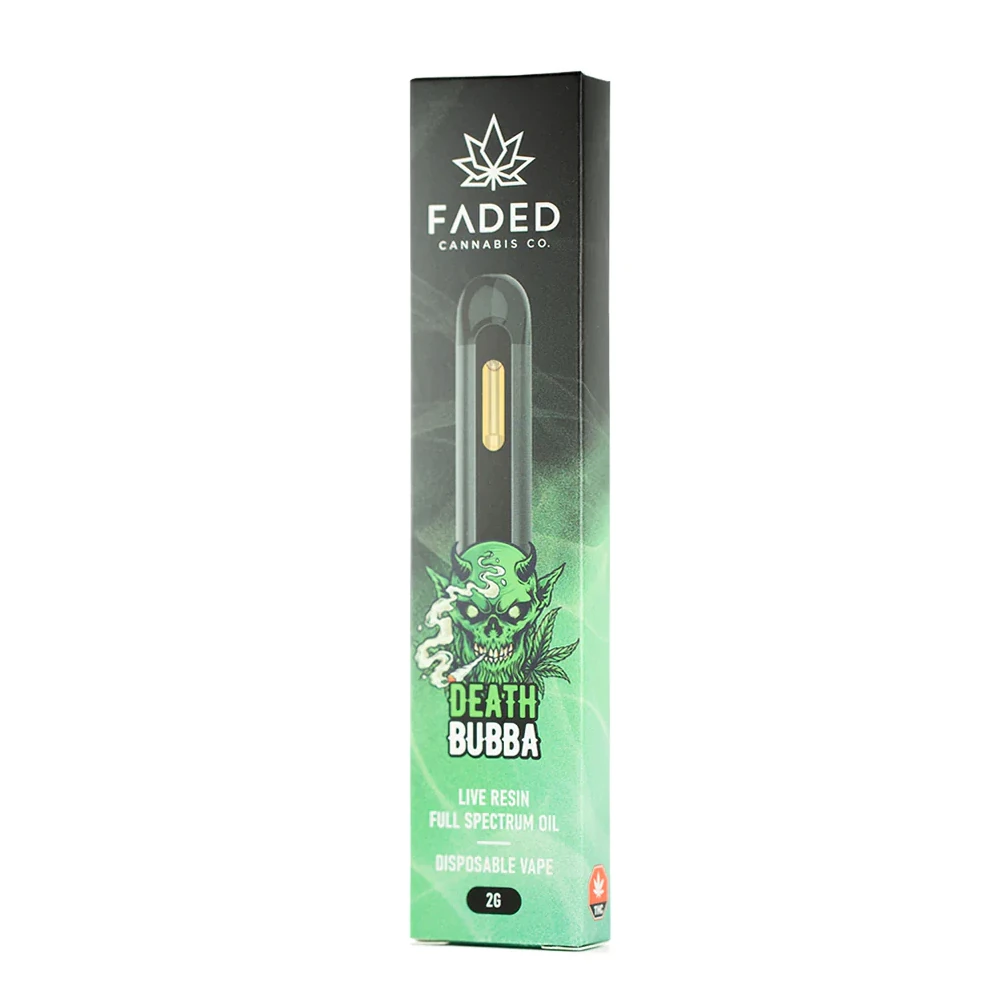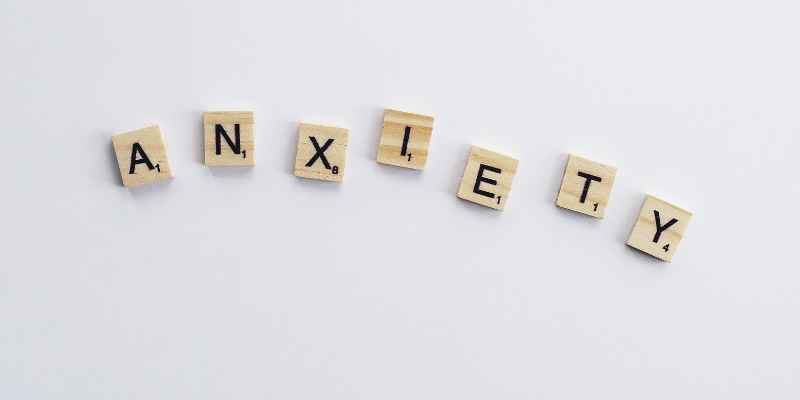| Tier | Subtotal | Items |
|---|---|---|
| 1 | $199-300 | 1 Item |
| 2 | $300+ | 1 Premium Item |
Cannabis Basics
Cannabis and Anxiety: Understanding the Effects and Risks for Users
Cannabis has long been a subject of debate regarding its effects on mental health, particularly in the context of anxiety. While some users report relief from anxiety symptoms after using cannabis, others experience increased anxiousness. The complexity of cannabis, with its various strains and compounds such as THC and CBD, contributes to the mixed outcomes individuals report. Research suggests that factors like dosage, individual biology, and the specific chemical makeup of the cannabis strain play significant roles in these divergent experiences.

Understanding the relationship between cannabis use and anxiety requires a nuanced approach. Scientific studies are gradually unpacking the ways in which cannabis interacts with the brain’s endocannabinoid system, which is thought to regulate stress and emotional responses. Additionally, the state of a user’s mental health before consuming cannabis can influence their reaction; those with pre-existing anxiety conditions may respond differently than those without such conditions.
Users should be informed about the potential risks and benefits associated with cannabis use for anxiety. Accurate, evidence-based information is pivotal for individuals considering cannabis as a way to manage anxiety symptoms. It is crucial for users to consult healthcare professionals, consider the legal status of cannabis in their location, and be aware of possible side effects. With informed decisions, users can better navigate the complexities of cannabis use in the context of anxiety management.
Understanding Cannabis

Cannabis is a complex plant, comprising various compounds with different effects on the human body. Among these, cannabinoids and terpenes are most significant in terms of their impact on anxiety.
Chemical Composition of Cannabis
Cannabis contains over 120 compounds known as cannabinoids. The most well-known cannabinoids are:
- Tetrahydrocannabinol (THC): The primary psychoactive component that provides the “high.”
- Cannabidiol (CBD): A non-psychoactive compound known for its potential therapeutic benefits.
Terpenes, the aromatic oils found in Cannabis, also play a role in its effects on anxiety. Myrcene, limonene, and linalool are terpenes commonly present in cannabis strains.
Varieties of Cannabis Strains
Cannabis strains fall into three primary categories:
- Indica: Often associated with relaxing and sedative effects.
- Sativa: Generally linked to energizing and uplifting effects.
- Hybrids: A combination of Indica and Sativa traits.
Each strain has a distinct profile of cannabinoids and terpenes that determine its unique effects. Users should be aware that the experience can vary widely between different strains of Cannabis.
Anxiety and Its Impact on Health
Anxiety disorders negatively affect health by triggering physical changes and potentially chronic conditions. Accurate diagnosis and treatment are crucial for managing these disorders effectively.
Types of Anxiety Disorders
Anxiety disorders encompass various conditions, each defined by specific criteria and symptoms:
- Generalized Anxiety Disorder (GAD): Characterized by persistent and excessive worry.
- Panic Disorder: Results in recurrent panic attacks, with intense, overwhelming fear.
- Social Anxiety Disorder: Extreme fear of social situations due to potential judgment or scrutiny.
- Specific Phobias: Intense, irrational fear of specific situations or objects.
- Obsessive-Compulsive Disorder (OCD): Features recurring, intrusive thoughts (obsessions) and behaviors (compulsions).
- Post-Traumatic Stress Disorder (PTSD): Trauma-induced disorder manifesting as anxiety, avoidance, and reliving the traumatic event.
Physiological Effects of Anxiety
Anxiety triggers the body’s stress response, which can have various short and long-term physical effects:
Short-Term Effects:
- Increased heart rate
- Elevated blood pressure
- Rapid breathing (hyperventilation)
- Muscle tension
Long-Term Effects:
- Chronic heart conditions
- Digestive issues
- Compromised immune system
- Sleep disturbances
Effective management of anxiety is imperative to prevent these physiological effects from progressing into chronic health issues.
Cannabis Consumption and Anxiety
Cannabis affects individuals differently, with outcomes dependent on factors like the user’s psychological state and the cannabinoid profile of the product consumed.
Short-Term Effects on Anxiety
Short-term use of cannabis can lead to a reduction in anxiety levels for some individuals. THC, the psychoactive component of cannabis, may provide temporary relief by binding to cannabinoid receptors in the brain that affect mood and stress. However, it is crucial to note that the dose and the user’s personal chemistry play significant roles in the immediate response:
- Low doses may lead to feelings of relaxation.
- High doses could potentially exacerbate anxiety, resulting in reactions such as increased heart rate and paranoia.
Long-Term Implications
The long-term impact of cannabis on anxiety is complex and not fully understood. Research suggests potential outcomes:
- Tolerance development: Regular use may reduce cannabis’s effectiveness over time.
- Dependence risk: Some users might become reliant on cannabis to manage anxiety.
- Altered stress response: Prolonged usage may affect the body’s natural ability to handle stress.
Epidemiological studies have produced mixed findings, and there is an ongoing discussion in the scientific community regarding the causality between cannabis use and anxiety disorders. It is essential for users to be aware of personal predispositions and to consult healthcare professionals when considering cannabis for anxiety management.
Further Research and Perspectives

The ongoing research and diverse expert opinions continue to shape the understanding of cannabis’s effect on anxiety.
Recent Scientific Studies
Recent studies have offered a variety of results regarding cannabis and anxiety. A 2022 study by the University of Washington suggested that high-CBD strains may reduce symptoms of anxiety, while other research points to the potential for THC to increase anxious feelings in certain users. A summary of key findings can be seen in the table below:
| Study | Substance | Sample Size | Key Finding |
|---|---|---|---|
| University of Washington | High-CBD | 450 individuals | Reduced anxiety symptoms |
| Harvard Medical School | THC | 200 individuals | Increased anxiety in some users |
It is evident from these studies that the relationship between cannabis and anxiety can vary significantly among individuals.
Expert Opinions on Cannabis and Anxiety
Experts in the field differ in their perspectives on cannabis’s role in treating anxiety. Dr. Emily Jenkins, a psychologist specializing in substance use, argues that while cannabis might have short-term benefits for anxiety, there is insufficient evidence regarding long-term effects. In contrast, Dr. Sanjay Gupta, a neurosurgeon, notes that for some individuals, carefully administered medical cannabis could be part of a comprehensive treatment plan. These opinions illustrate the ongoing debate within the medical community.
Frequently Asked Questions
Understanding the potential effects of cannabis on anxiety and how it interacts with individuals’ mental health is crucial. These answers aim to clarify common concerns and provide insights.
What are common symptoms of cannabis-induced anxiety disorder?
Symptoms may include heightened nervousness, restlessness, increased heart rate, and a sense of impending doom. People might also experience sweating, trembling, and gastrointestinal discomfort.
How can individuals treat cannabis-induced anxiety disorder?
Treatment generally involves behavioral strategies like relaxation techniques and therapy. In certain cases, medications may be prescribed by a healthcare professional to manage symptoms.
What is the duration of anxiety symptoms after consuming cannabis?
The duration can vary depending on the dosage and an individual’s tolerance. Symptoms may last from a few hours to several days after consumption.
How does CBD affect individuals with anxiety and how is it researched?
CBD, a compound found in cannabis, has been studied for its potential to ease anxiety symptoms. Research suggests it may act on serotonin receptors and have a calming effect, though clinical trials are ongoing to fully understand its efficacy.
Can certain strains of cannabis, such as Indica, cause panic attacks?
Some users report that strains labeled as Indica, which are commonly believed to be relaxing, can paradoxically induce panic attacks, though experiences vary widely and research is inconclusive.
What effects may cannabis have on people with anxiety and OCD?
Cannabis may exacerbate anxiety in some individuals with OCD. It can potentially trigger compulsions or heighten anxiety, although some users report temporary relief from symptoms.









